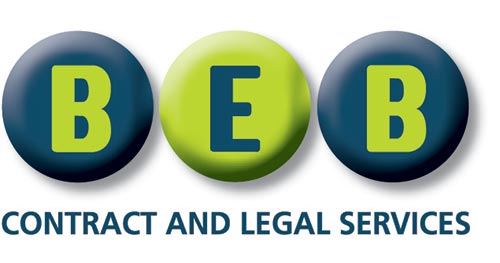Why Shareholder Agreements are important in your Limited Company


If you’re providing a service or supplying a product, you must have the correct contracts in place. In this post, we’re focussing on Shareholder Agreements.
This blog post, authored by Kerry Gibbs, a Contract Law Expert at BEB Contract and Legal Services, sheds some more light on Shareholder Agreements and why they are important for Limited Companies.
It is unlikely that you would have entered into business or even considered business with someone who you don’t like, know or trust, however, loyalty and friendships are not always a solid foundation for long-term business success.
A Shareholder agreement is a legal private document that aims to protect you, your business and your fellow shareholders by establishing how the business will be run and how decisions will be made. It is essentially a contract between the owner of a business. That could be an agreement between a husband and wife, lifelong best friends, or between a number of individuals with an idea plus their investors.
A well-written shareholder agreement should protect the rights of all shareholders while giving them the freedom to focus on running their business and finding success together as a team.
The specific implications of not having a shareholder agreement can vary depending on how the business is set up, and of course, there is no legal requirement to have one but if there is an intention to having different dividend policies, not happy with just anyone buying into your business, want your business to grow and want to protect years of hard work then you need a shareholder agreement.
Below are some potential consequences of not having a well-drafted bespoke to your business shareholder agreement and when you would solely need to rely on the model articles should an issue arise.
In the absence of a shareholder agreement, shareholders will have no clear guidelines or protections for exiting the business.
Not having a shareholder agreement can create uncertainties and potentially lead to conflicts among shareholders which in turn could wind up the business. It is crucial for all private limited companies to have a well-drafted shareholder agreement in place to provide clarity, protect the interests of shareholders, and establish mechanisms for resolving disputes and managing the company effectively.
We are very experienced at drafting this type of agreement and work closely with you to tailor the agreement to the specific needs of the company and its shareholders.
Need your Contracts looked over?
Then we would recommend having a chat with Kerry and her team at BEB Contract and Legal Services.
If you’re looking for an accountant then get in touch with us.
